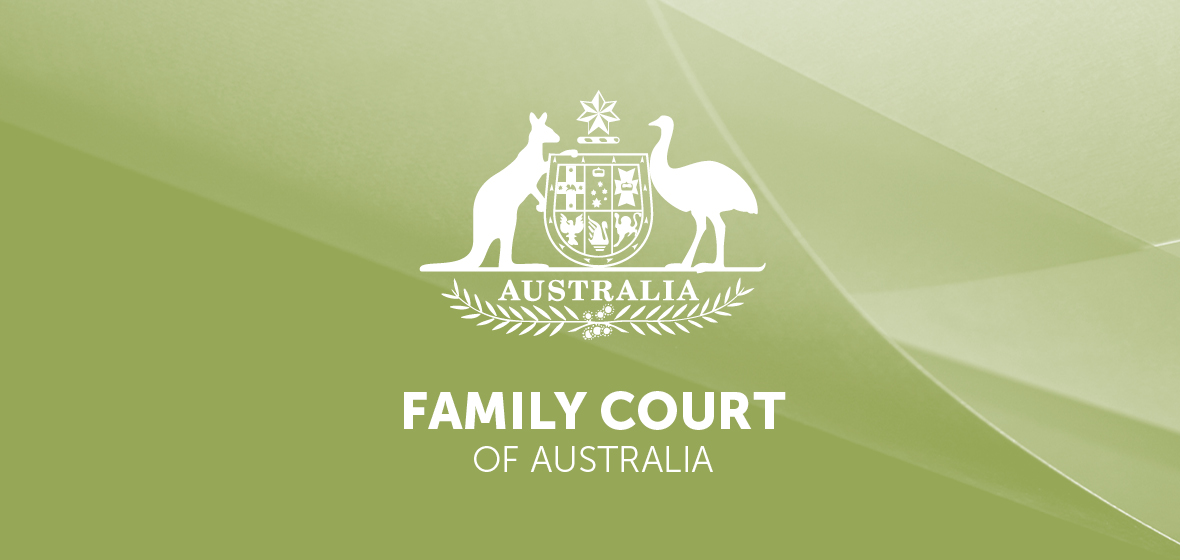Key decisions
- Arthur & Secretary, Department of Family & Community Services and Anor [2017] FamCAFC 111
- Adair & Anor and Bachchan [2017] FCWA 78
- Zaruba [2017] FamCAFC 91
- Jasper & Corrigan (No. 2) [2017] FCCA 1467
Hague Child Abduction Convention – mother ordered to return child to NZ – conditions imposed on father set aside
In Arthur & Secretary, Department of Family & Community Services and Anor [2017] FamCAFC 111 (29 June 2017) the mother, who retained the parties’ child in Australia after a visit, was ordered by the Family Court of Australia to return the child to New Zealand under the Family Law (Child Abduction Convention) Regulations 1986 (Cth). The Full Court (Bryant CJ, Thackray & Austin JJ) dismissed the mother’s appeal against that order and allowed the father’s cross-appeal against conditions imposed in a subsequent order.
The conditions were (at [60]) that the father (who in 2013 was granted supervised contact in NZ) pay for the mother’s rental accommodation in NZ for two months (and bond); undertake to pay her NZ$535 per week until she began receiving welfare payments; pay all child support obligations in Australia and NZ; and undertake to provide his employer with a copy of an existing protection order and not use any firearm until further order of the NZ Family Court.
The husband argued that the conditions were ultra vires or made without considering his meagre financial position, frustrating the return order.
The Full Court said (at [69]) that reg 15(1) confers the power to impose a condition the court considers ‘appropriate to give effect to the Convention’, citing (at [76]) an English case Re M (Abduction: Undertakings) [1995] 1 FLR 1021 at 1025 in which Butler-Sloss LJ said that ‘conditions or undertakings should operate only until the courts of the country of habitual residence “can become seized of the proceedings brought in that jurisdiction”’; ‘must not be so elaborate that their implementation might become bogged down in protracted hearings and investigations’; and ‘courts “must be careful not … to usurp … the functions of the court of habitual residence”’.
The Full Court concluded (at [94]):
‘[H]is Honour erred in failing to recognise that the conditions would result in the child not being returned to the country from which she was wrongfully removed, and that they therefore did not satisfy the requirement that they be “appropriate to give effect to the Convention”’.




